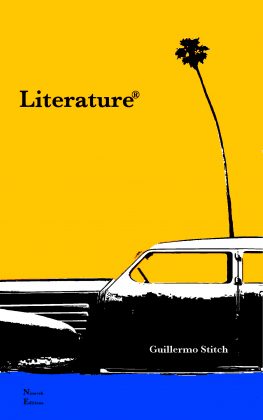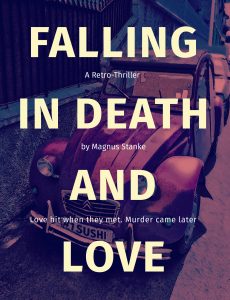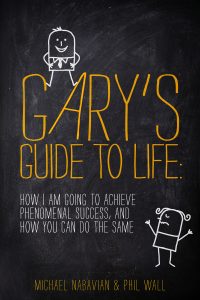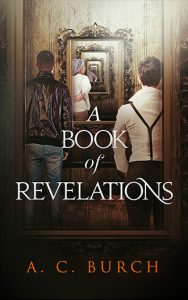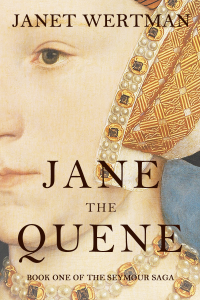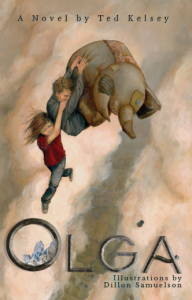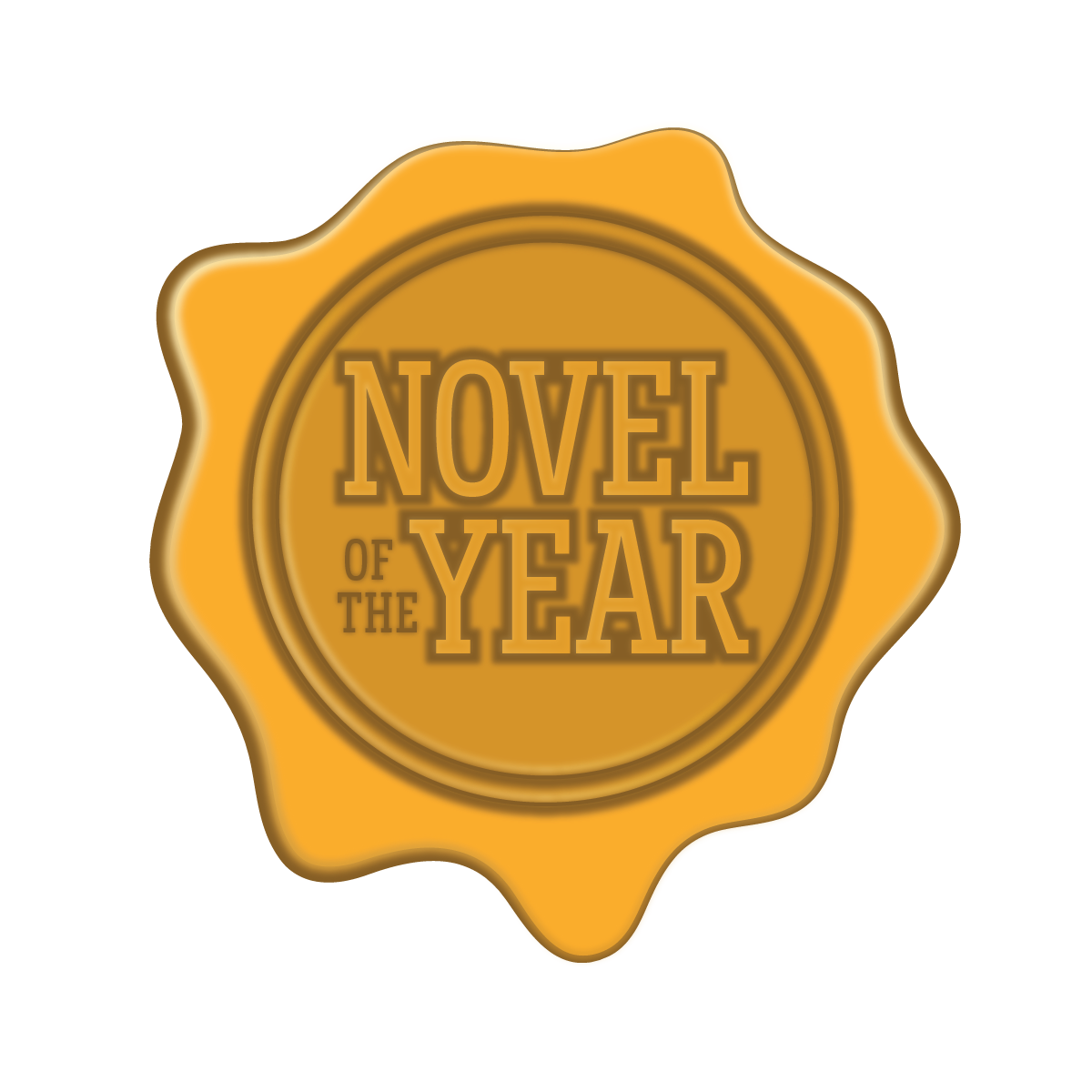The Rundown
Have you ever tried to quit smoking? Gone on a fad diet and cut out sugar or soda? Unsuccessfully tried to put away the leftover Halloween candy without having one more piece? Billy Stringer is a former jock and current sports reporter whose girlfriend’s brother starts him on a dangerous habit and soon he lives his life for the next fix. As he puts it, reading has opened up new worlds for him, and they are all more real than the one he inhabits.
The problem is, literature is illegal. You won’t get your hand slapped or have to pay a fine if you get caught. Those who are ‘Lit’ are being detained and executed.
In this future society “literature” has been reduced to something practical, something used in transit. The idea of literature as something that is used to transport people from place to place is symbolic and compelling in its own right, but the story doesn’t get weighed down by extensive exploration of the tech, although we start with our protagonist touring Gripping Tails, who are about to launch a new transit line.
When Billy is discovered to be ‘Lit’ his life is turned upside down. He finds himself fearing for the safety of his girlfriend and family. With counter terrorism prying into his life and a thug on his heels he tries to salvage his contribution to true literature and ensure the safety of those he loves.
The Recommendation
This is a dystopian thriller about the power of words and the worlds they can create. While a company has found a way to reduce formulaic text into a power source, the laws have evolved to ensure that anyone who harbors old literature or creates new material is put down. Non-conformity is a risk, and asking questions may cost you your life, as Billy Stringer learns. The story moves at a blistering pace and provides many surprising twists along the way, as well as some delicious prose of its own. Captivating and timely, with a perfect bittersweet ending.
The Rating

Top Pick! 5 Stars (out of five): Freaking amazing. Any agent or publishing house that passed this one up made a big mistake. It was selected by our reviewer as a personal favorite. This is also a nomination for our Novel of the Year award.
The Pros & Cons
Pros: Believable, Characterization, Page Turner, Plot, Prose, Strong World-Building, Surprise Ending, Unique StyleThe Comparisons
For readers who liked these books and authors: Fahreinheit 451The Links
The Reviewer
Author Spotlight: Guillermo Stitch
Visit Author Spotlight: Guillermo Stitch‘s website.If you had a writing motto what would it be?
"Hold your nerve."
I can't claim the words as my own and nor can I attribute them correctly. I read of them being offered as advice to a writer who was nearing the finishing line with her work-in-progress. I believe the same would hold true with any work of art. In those latter stages it becomes bleakly apparent to the artist just how much is at stake. It's like a game of brinkmanship with yourself. You set out on the journey all swagger and open skies. Now you have to bring it home. If you manage it, your reward will be to need to go on another journey - a journey nobody has asked you to make.
So yeah - "Hold your nerve."
Where do you draw your inspiration?
I don't know. I worry about us, you know?
On the page is where I have found magic. Whether the spell is cast by Dickens, Barthelme, Beckett or Chandler, what keeps me coming back is the magic.
And so, I want to make magic. If that sounds egotistical, it probably is. But I like to think there's a humility to it as well - I don't claim to understand what I'm trying to do. I hold my hands up and admit it - I'm just flailing around trying to get results that are magical, and mysterious, to me. Like a monkey trying to light a fire.
What is one interesting fact about you?
Due to damage to my median nerve, I have almost no sensation in the thumb and three fingers of my right hand. I can regularly be observed throwing things around in public places (keys, pieces of paper, packets of food) because I've forgotten I was holding them.
Have you learned anything from the self publishing process and would you do anything differently next time?
Next time I would start earlier. When I reach the point where I have a proofed and formatted book with a cover, I would set a publication date six months out. Everything else in the publication industry moves at a glacial pace - why shouldn't the self-publisher?
This allows the time to do all the outreach you are going to need to do, remembering that some of the bigger guns (PW, for example) are also the slower guns. There are prominent and reputable review sites that want to see your ARC four months minimum in advance of publication. If you can live with that kind of time scale you stand a better chance of having your best ammunition (reputable reviews) coordinated around your book launch. Add a promotion or two on Day One or in Week One and you may actually have a launch on your hands, as opposed to the digital tumbleweed many will experience.
What has been your most successful marketing strategy?
Very little is as important as the content of that email you're sending out. You have to balance politeness, professionalism and humility with a certain amount of swagger. If you don't believe in your work, who else will?
As well as the obvious basics - addressing people as individuals and showing that you have engaged in some way with what they do, for example - you need the thing to read like the news, like something noteworthy it would be remiss of them to overlook. As soon as a testimonial comes in from a source that might swing it for people, that goes straight into the pitch. I've done quite well at getting testimonials and reviews for Literature®, my novella, and that is overwhelmingly because I wasn't afraid to ask. I got reviews from numerous publications that explicitly state in their policies that they do not review self-published books. They made exceptions. If you don't ask, you don't get.
What is the best kept secret you have found in regard to indie publishing?
That there really isn't a secret - it's a very methodical process and the more methodical the better. You are going to need to make a good thing and then you are going to need to contact a very large number of people (getting their names right every time) and say to them "Look at this thing I made. Isn't it good?"
There literally isn't anything else to it. The bad news is, it's gruelling - if you thought that rejection was an issue for the submitting writer, brace yourself for publishing and...hold your nerve.
Visit the author’s website
Read Literature®

